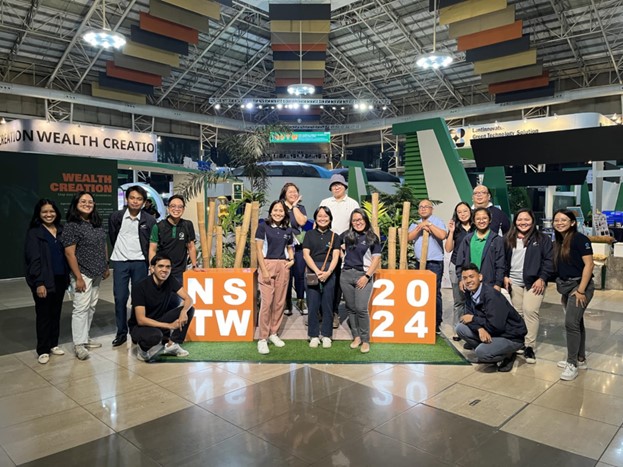Nowadays, the need for resilient communities has never been more critical. Innovative solutions are essential for fostering sustainability and resilience in our neighborhoods as we navigate various challenges—whether natural disasters or public health crises. The Department of Science and Technology – Advanced Science and Technology Institute (DOST-ASTI) demonstrated its commitment to this cause during the 2024 National Science and Technology Week, held in Cagayan de Oro from November 27 to December 1, 2024. This event paved the way for tangible advancements that community leaders can leverage to achieve better outcomes. The following innovations foster resilience within communities.
1. Disaster Response and Prevention:
- ASIMOV-HAWKS: This unmanned aerial system (UAS) can be deployed for disaster response efforts. It can survey affected areas, locate survivors, and deliver aid, all crucial aspects of rapid response after a disaster.
- STEER-VIROS Project: This project focuses on smart traffic management systems. While not directly related to disaster response, improved traffic flow can be critical during evacuations or when delivering aid after a disaster.
2. Resource Management and Food Security:
- ROAMER Project: This autonomous ground vehicle can be used for agricultural monitoring and management in banana plantations. Efficient resource management is vital for ensuring food security, especially after disruptions caused by natural disasters or climate change.
- Gul.ai Project: This AI-powered plant growing system helps optimize plant growth and resource utilization. Increased food production and efficient water usage contribute to a community’s ability to withstand food shortages.
3. Knowledge Sharing and Innovation:
- DIMER (Decentralized Intelligent Model Exchange Repository): This online platform provides access to AI models for various applications, including agriculture and disaster resilience. DIMER empowers communities to develop solutions for local challenges by democratizing access to these tools.
Overall, these innovations contribute to community resilience by:
- Enhancing disaster preparedness and response: Technologies like ASIMOV-HAWKS can save lives and expedite recovery efforts.
- Improving resource management: Efficient use of resources like water and land contributes to long-term sustainability and food security, making communities less vulnerable to external shocks.
- Empowering communities through knowledge sharing: DIMER allows communities to learn from each other and develop innovative solutions based on their needs.
By leveraging the advancements showcased during this event, we can enhance our immediate responses to crises and lay the groundwork for a thriving community in the long term.


